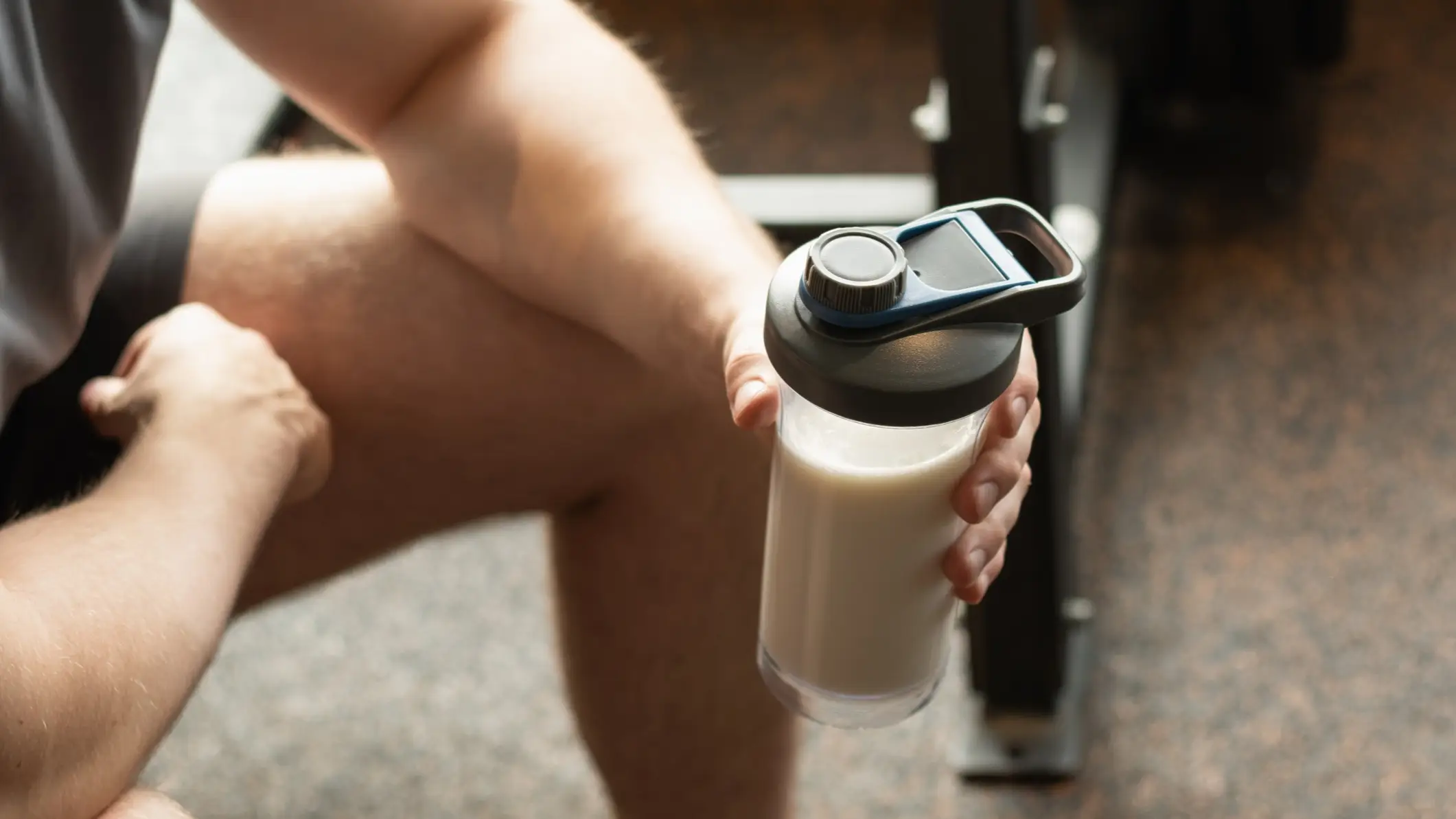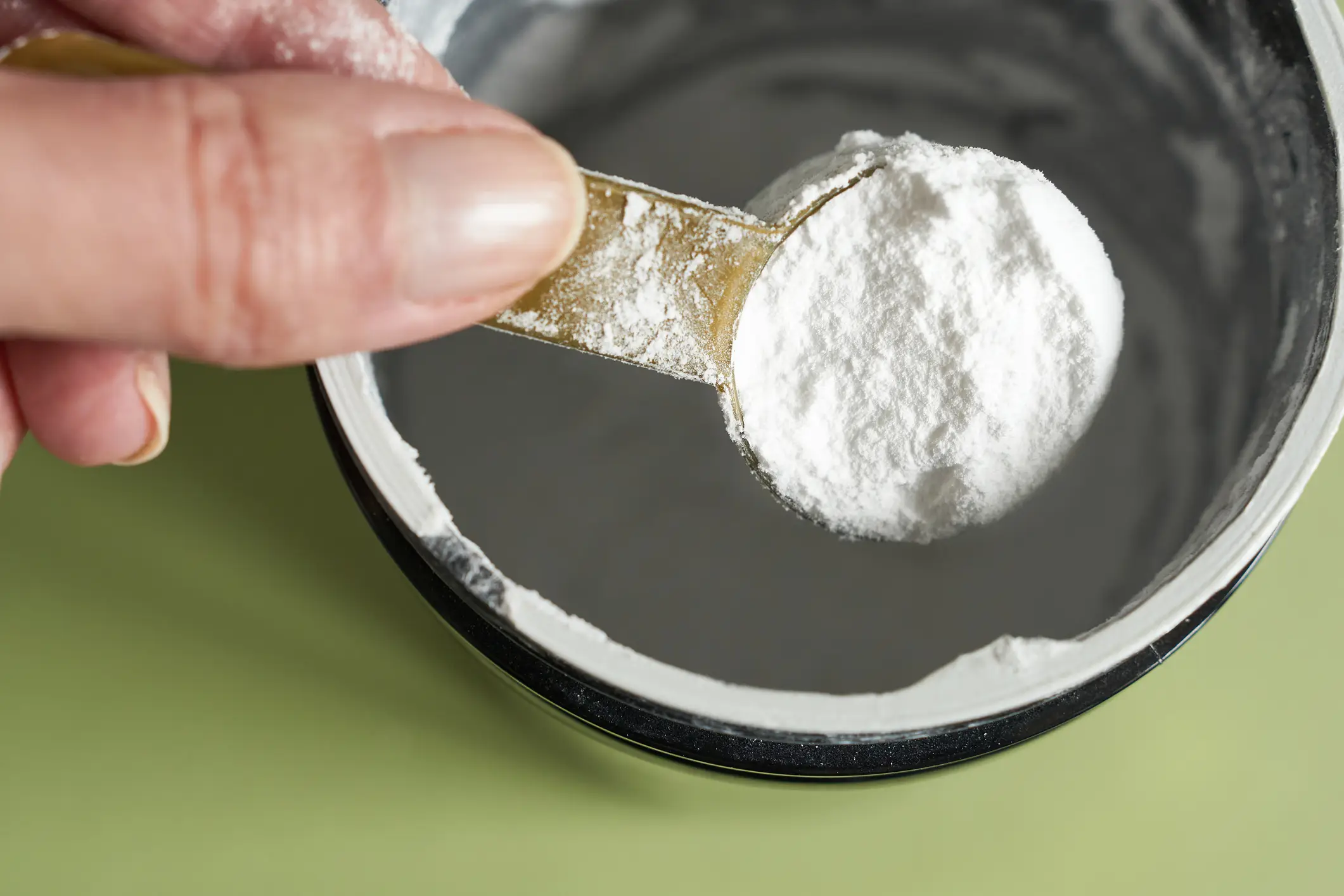
A nutritionist and fitness expert has revealed what happens inside your body every time you take this popular gym supplement.
Long gone are the days of your average gym goer pumping a load of weights and simply hoping for the best, as this generation of fitness fanatics are loading up their diets with all kinds of different supplements to help with bulking.
But how beneficial are the numerous different powders and vitamins people are crowbarring into their diets?
Once considered a must have for bodybuilders, doctors are now warning about the over-use of protein powders and protein-loaded snacks, with studies linking over-reliance on artificial protein leading to gut inflammation and even a rise in cases of colon cancer.
Advert
But while the rise in protein powders is a cause for concern amongst some health experts, there is one gym goer favourite which is nutritionist approved.

Enter creatine.
Long touted as a must have for anyone interested in increasing their fitness or muscle mass, creatine is an organic compound from three amino acids and provides energy to the muscles.
How beneficial are creatine supplements?
According to nutritionist and fitness expert Alan Aragon, creatine is 'King' when it comes to supplements.
"There’s almost nothing creatine can’t do," he explained in a recent interview on Steven Bartlett's Diary of a CEO podcast.
"It’s got the musculoskeletal benefit," he continued. "Believe it or not there’s even benefits for creatine on joint health."
Aragon went on to explain that creatine isn't just beneficial for muscle growth and improving athletic performance either, with the supplement also shown to have a positive impact on the brain. "There are things like improved glucose control, improved memory, different domains of cognition can be enhanced by creatine," he added.
The nutritionist then reveals that numerous studies have been conducted on the impact of creatine, 'possibly over 1000' with the overwhelming majority of research showing 'positive effects'.
"If you were to compare a group taking creatine versus a group not taking creatine, the creatine group would have a 20 percent increase in their lifting capacity," he explained.
"Whereas the non-creatine group will have 12ish percent increase over a typical study length. That is a significant strength gain."
How to add creatine to your diet
According to Cleveland Clinic, around half of the creatine found in your body comes from diet (with meat, fish and diary milk being known sources), while the rest is produced by the body.
Creatine supplements are consumed in powder or tablet form, which the most popular being creatine monohydrate.
Looks like we could all do with adding a scoop of creatine to our diets.